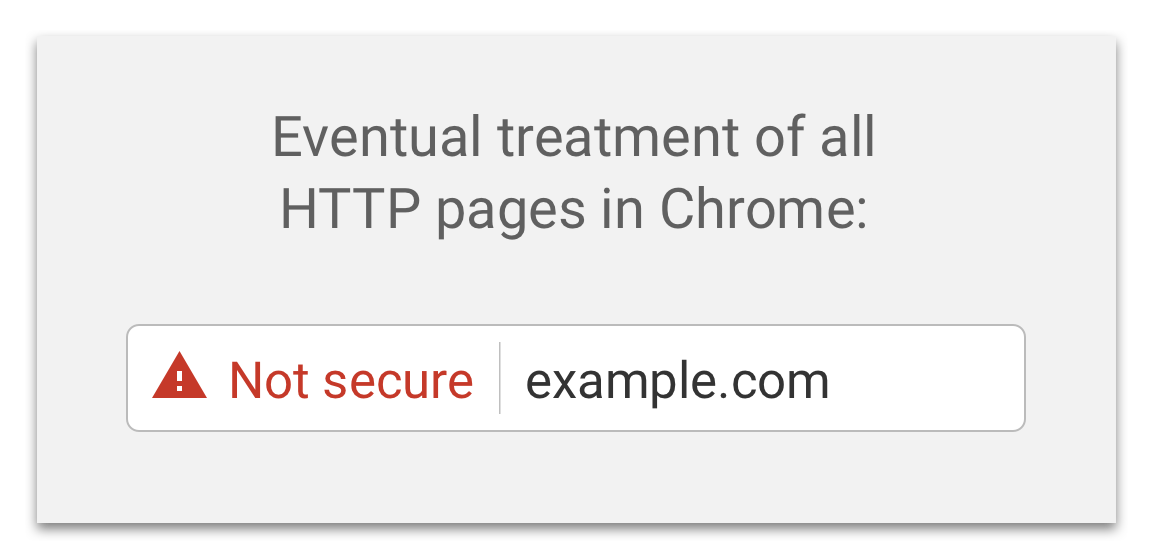It has been no secret over the last few years that Google looks at the security of websites as a ranking factor for their search engine. With this has come the rise of websites migrating to https://, otherwise known as adopting an SSL certificate. An SSL certificate is a way of encrypting the connection between the website and the web user’s computer, making it much more secure for both the web user and website to send data to and from. A safer web browsing experience is a better one, in the eyes of Google, hence why SSL certificates and https:// websites will start to get better rankings.
However, since the release of such information came to the online community, there has not been a specific date for which Google have stated that something disadvantageous would happen to websites without SSL certificates and https://…until now.
Google has finally given a rough date as to when they will penalise websites that do not have a secure SSL connection (if you forget the organic ranking penalty already). As of October 2017, if you have a website that lacks an SSL certificate, Google will show the website as ‘NOT SECURE’ in web browsers.
This came from a new message that would appear for websites without HTTPS, in Google search console, which reads:
Starting October 2016, Chrome (version 62) will show a “NOT SECURE” warning when users enter text in a form of a HTTP page, and for all HTTP pages in Incognito mode.
The following URLS on your site include text input fields (such as < input type=”text” > or < input type=”email” >) that will trigger the new Chrome warning.
(…)
The new warning is part of a long term plan to mark all pages served over HTTP as “not secure”.
Here’s how to fix this problem:
Migrate to HTTPS
To prevent the “Not Secure” notification from appearing when Chrome users visit your site, only collect user input data on pages served using HTTPS.
Analysis: HTTP Migration
We have seemingly been living in SEO ‘limbo’ for the past few years since Google stated there is a migration towards HTTPS, but ddi not say how much SEO will be influenced by HTTPS and when the ‘shut off point’ is for websites with HTTP.
Although websites will still obviously rank with HTTP, it is a bg blow for websites to get a “NOT SECURE” message at the top of Google Chrome – the idea behind this is to encourage, as much as possible, website owners to migrate their websites from HTTP to HTTPS.
For the majority, this would have been done long ago. However, for the likes of websites on Google’s hosting platform Blogger, this could prove a little tricky since Blogger does not specifically allow HTTPS with custom domains. Therefore, for this, the best option would be to migrate the website to WordPress and then HTTPS.





